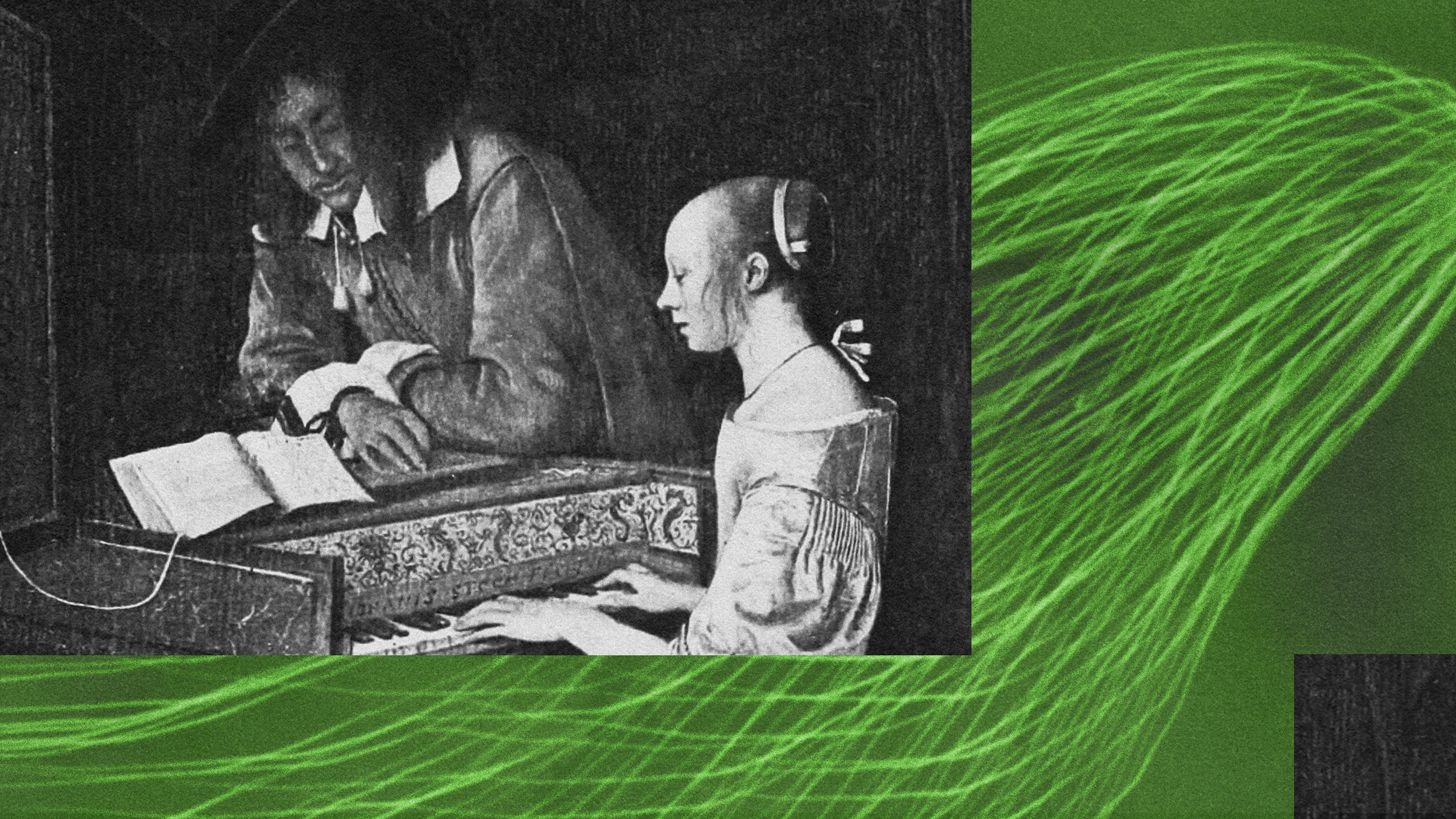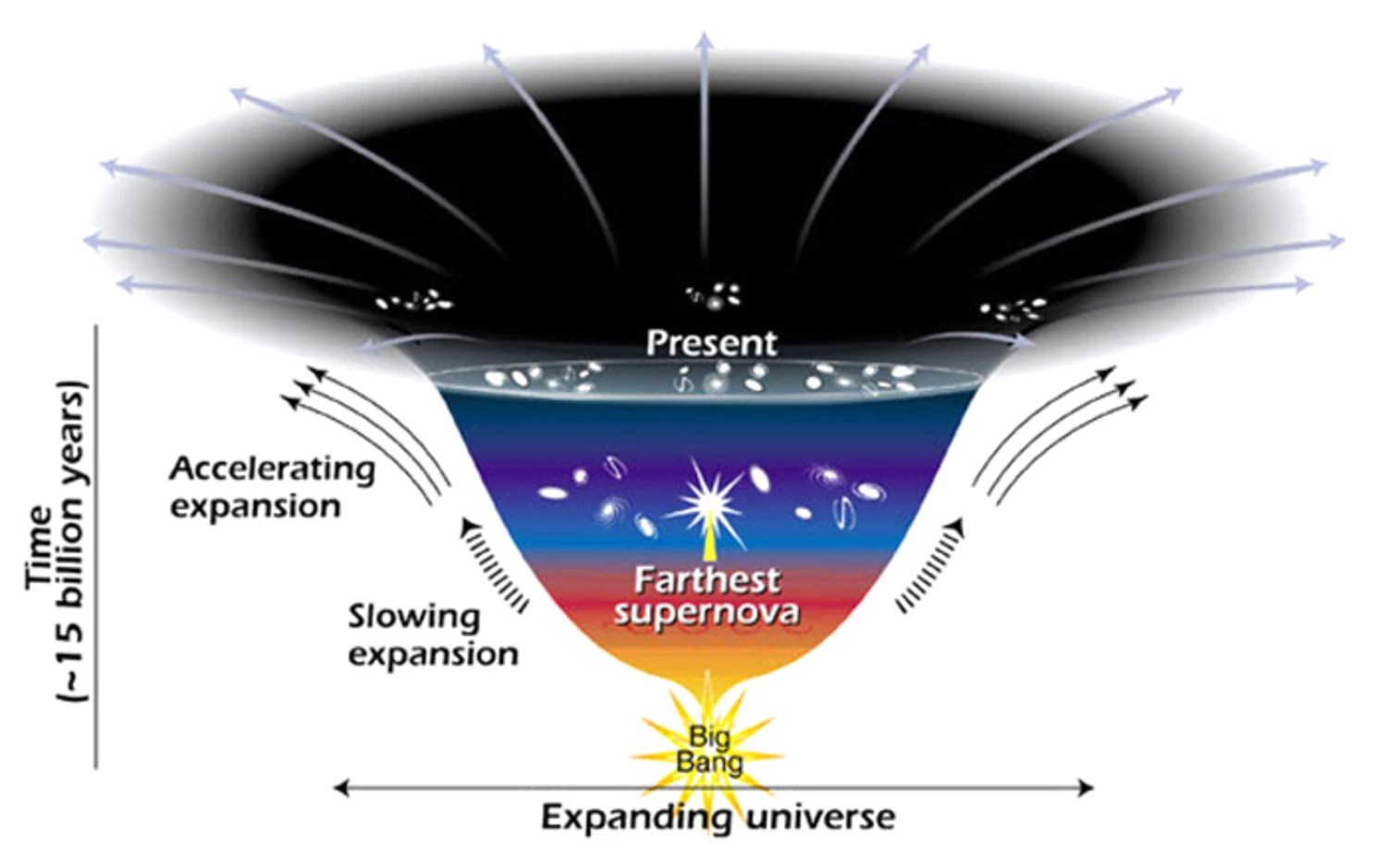Operationalizing the concept of ‘teachers as learners’
Stephanie Sandifer recently blogged about the concept of ‘teachers as learners’:
Rather than immediately engage in a technology purchasing frenzy, take some time to begin discussions on your campus about how to transform your school into a place where teachers see themselves first as LEARNERS who are invested in improving their instructional practice through reflection and inquiry
This is an old edublogosphere theme. For example, here’s a post by Will Richardson from way back in 2006:
In a world where knowledge is scarce (and I know I’m using that phrase an awful lot these days), I can see why we needed teachers to be, well, teachers. But here’s what I’m wondering: in a world where knowledge is abundant, is that still the case? In a world where, if we have access, we can find what we need to know, doesn’t a teacher’s role fundamentally change? Isn’t it more important that the adults we put into the rooms with our kids be learners first? Real, continual learners? Real models for the practice of learning? People who make learning transparent and really become a part of the community?
So what do we mean, exactly, when we say we want teachers to be ‘learners?’ The operationalization of the answer to this question is important, I believe. For example, I once asked a group of high school guidance counselors in Minnesota, ‘How do you know if you’re a successful high school guidance program?’ They responded, ‘When every student has a meaningful connection to at least one adult in the building.’ I said, ‘That’s great! Now, how do you know when you’ve gotten there? How do you know where you are now? How do you know if you’re making progress?’ And then there was silence – crickets chirping – because they didn’t know how to operationalize what they said was the ultimate measure of success for themselves.
I’ve asked similar questions of school administrators:
If, like 98.7% of all schools and districts in the country, your mission and/or vision statement says something like ‘blah blah blah blah lifelong learners blah blah blah,’ how do you know when you’ve gotten there? How do you know if you’re making progress? What does that look like? Can you tell me?
And, again, crickets chirping – because they can’t operationalize what they say is the ultimate intended outcome of the organization.
So what’s your answer? If we want teachers to be ‘learners’ – if that’s important to us – how do we define that? What do we look for? How do we know if we’ve got it?
If we can’t define it, we can’t recognize it / hire for it / reward it / remediate for the lack of it.
Anyone want to take a shot at it?
One year ago:Don’t hold your breath




